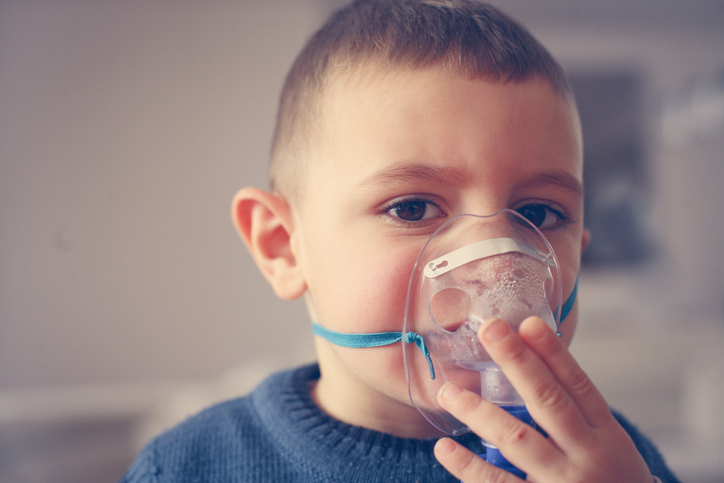There are environmental triggers that can cause asthma symptoms to worsen. Things like dust, pollen, pet dander, and smoking can worsen symptoms for people that have asthma. “There are a wide variety of medications used in the treatment of asthma that come in forms that you breathe in, such as inhalers, pills or liquids that you swallow, or that are injected into your body by a healthcare professional. This is why we can’t emphasize enough how important it is to follow-up with your doctor about your treatment and to see what triggers your asthma symptoms.
Community Programs Work
Cigna is stepping in to help bring critical health navigator services to underserved communities throughout the country. For example, last November, the Cigna Foundation gave a grant to La Clinica Comunitaria Los Barrios Unidos in Dallas to support its Promotores de Salud program, which provides help to local low-income residents, mostly Latinos who suffer from asthma. The program supports two bilingual community health workers who help patients understand how to manage their children’s asthma. The program has been very successful and even helped decrease emergency room visits for children with asthma by 27%, which can cost up to $32 million in pediatric asthma hospitalizations.

For example, Yadira Solache is a mother of 1 and 2 year-old-girls with asthma and she’s an asthma program participant at La Clinica Comunitaria Los Barrios Unidos. Yadira doesn’t have asthma or family history of asthma, so before her daughters were diagnosed she didn’t know much about it. Environmental and seasonal changes trigger her daughters’ asthma and they were having trouble managing it. At Los Barrios, she learned how to manage and control their asthma and she always recommends the program to others because she considers it a valuable resource.
As the Latino population continues to grow, the need for these programs is crucial. “Tapping the talents of Latino doctors and health navigators can help the health system recognize and understand cultural differences, address bias, and adapt services to meet people’s unique social, cultural, and language needs,” says Dr. Martinez. Latino healthcare professionals help increase patient engagement, encourage the use of preventative care services like check-ups and health screenings, helping patients stay on top of their treatments and improve their overall health. “As the population becomes more diverse, it is important that patients, healthcare providers, employers, and health plans recognize the need for services like health navigators to improve health outcomes, lower cost, and improve patient satisfaction.”
To learn more about the Cigna Foundation visit Cigna.com.






